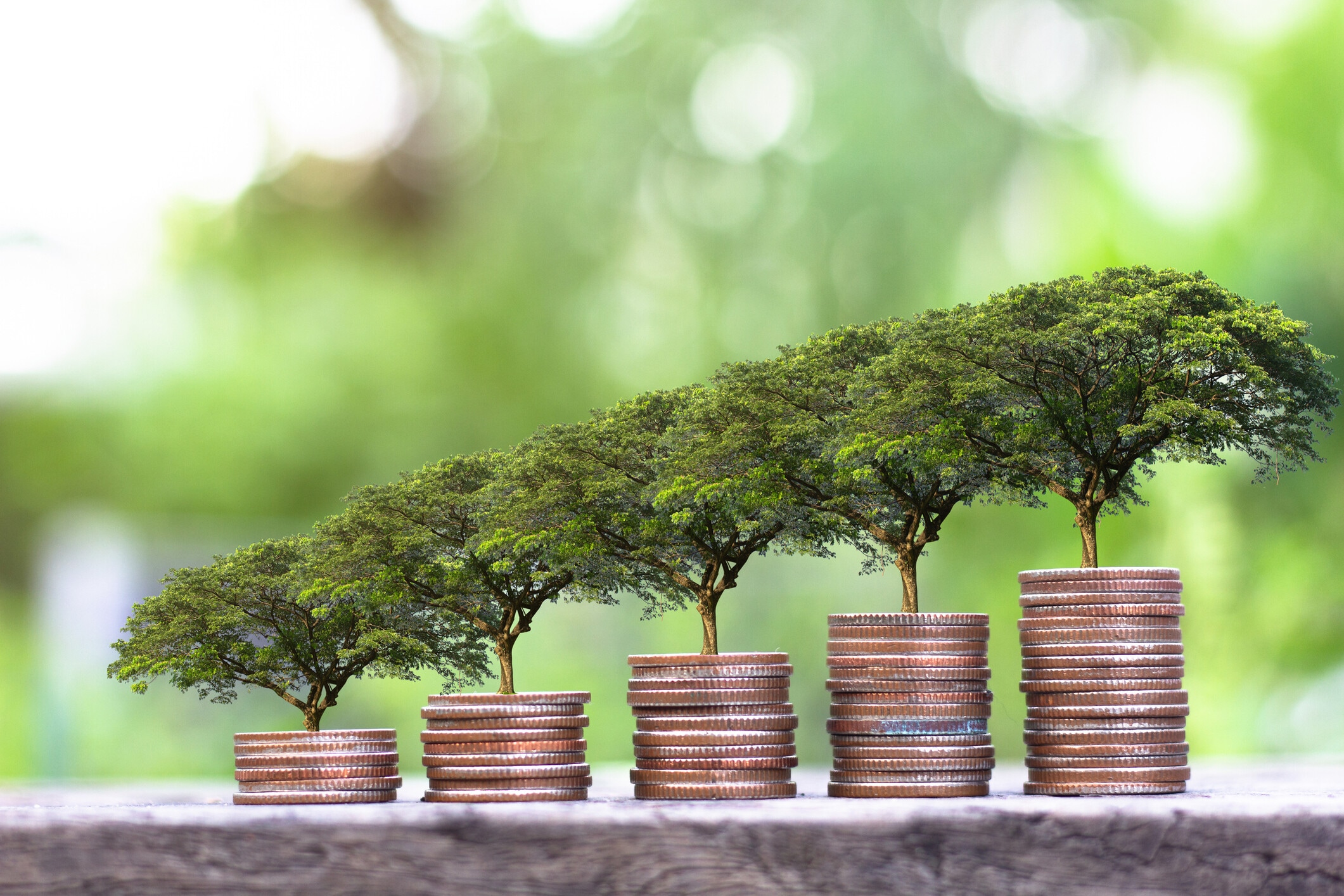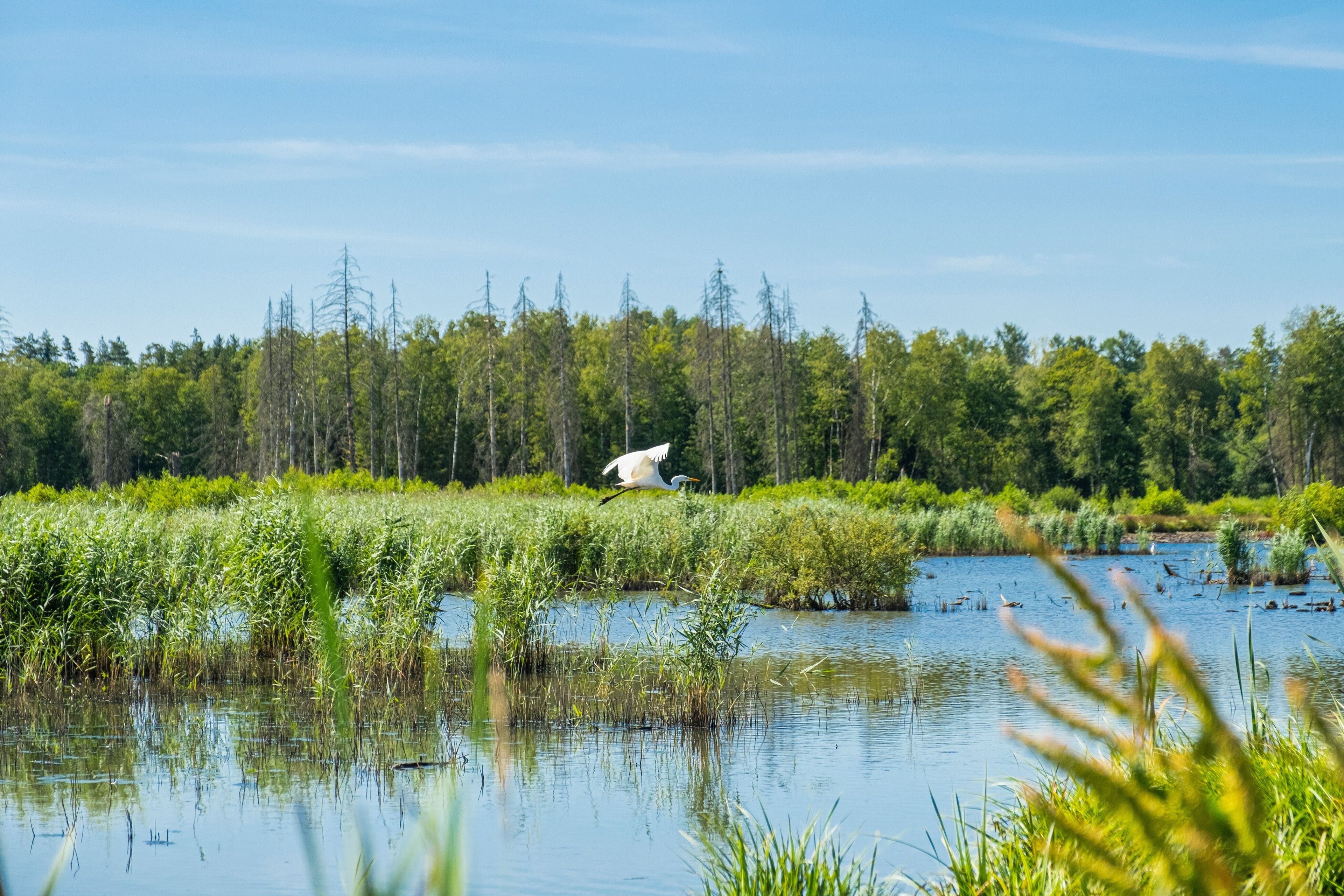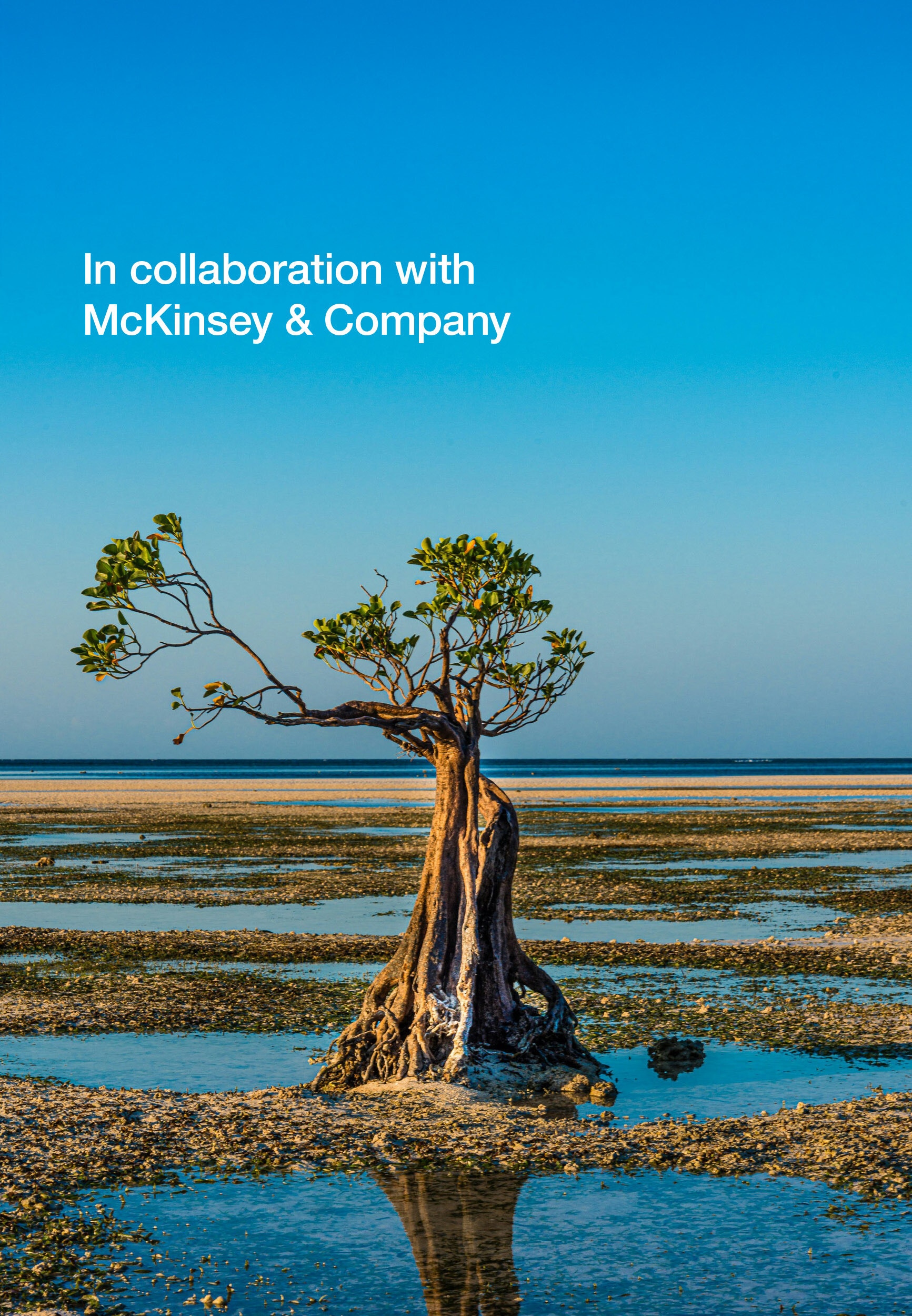This Norwegian cruise line plans to power its ships with rotting fish

Fish or fuel?
Image: REUTERS/Alexandre Meneghini
Stay up to date:
Future of the Environment
Norway, land of the midnight sun, with its rugged coastline and fjords, is renowned as one of the pioneers of environmentalism. The Scandinavian country’s capital, Oslo, has been named European Green Capital 2019 by the European Commission. And now one of its shipping companies is pioneering the use of its own food waste to power its ships.
Hurtigruten, which has been operating ships and ferries around Norwegian coastal waters since 1893, will use liquefied biogas (LBG) to power its ships. The LBG will be produced from dead fish and other organic waste generated by the ships’ catering divisions.

With a fleet of 17 ships in service, Hurtigruten operates services as far afield as Antarctica in the south and Greenland in the north, as well as the Carribean, North and South America and of course around Norway. It intends to convert six of its ships to waste-generated biogas by 2021.
The global shipping industry has just over a year to get ready for new emissions limits. From 1 January 2020, the International Maritime Organization is introducing new limits for sulphur oxides (SOx) emissions from shipping. SOx levels will have to fall from 3.50% m/m (mass per mass) to just 0.50% m/m. Running ships on biofuels could be one of the more sustainable options.
The Norwegian cruise ship company claims it is the first in the world to power its craft without fossil fuel. “While competitors are running on cheap, polluting heavy fuel oil, our ships will literally be powered by nature,” it says in a statement on its website.
Hurtigruten has already announced a ban on single-use plastic onboard its ships, and will be bolstering its fleet next year with a first battery-hybrid powered cruise ship – the MS Roald Amundsen, which has been specifically built for sustainable operations in some of the world’s most pristine waters, such as Antarctica.
Norway is already a major force in sustainability in the travel and tourism sector. In the World Economic Forum’s Travel & Tourism Competitiveness report, it ranks third in the world for environmental sustainability and ranks 18th overall, out of 136 countries.
Don't miss any update on this topic
Create a free account and access your personalized content collection with our latest publications and analyses.
License and Republishing
World Economic Forum articles may be republished in accordance with the Creative Commons Attribution-NonCommercial-NoDerivatives 4.0 International Public License, and in accordance with our Terms of Use.
The views expressed in this article are those of the author alone and not the World Economic Forum.
Forum Stories newsletter
Bringing you weekly curated insights and analysis on the global issues that matter.
More on Nature and BiodiversitySee all
Mark Gough and Naoko Ishii
September 15, 2025
Shivin Kohli and Alessandro Valentini
September 10, 2025
Kate Whiting
September 9, 2025





